2025 Nordic Workshop on AI for Tackling Climate Change
- Event date: 2025-05-13
- Event location: Gothenburg, Sweden

As extreme events following climate change are getting ever more frequent, humanity needs to tackle the new reality on a changing planet on many fronts. Many of the approaches which are in use or under development can be strengthened using advanced analytics tools and optimization techniques. The 2025 Nordic Workshop on AI for Tackling Climate Change will gather researchers from the Nordics. This one-day, in-person workshop, will take place in Gothenburg, Sweden, May 13th 2025. The workshop will feature a mix of keynotes, oral presentations, and posters around the topics of AI for climate change, including AI for biodiversity and the green transition. The workshop will be a meeting point for a wide range of researchers from (primarily) around the Nordic countries, but other interested people will be welcome too.
Together, we will help the Nordic AI community to find the most impactful directions of future research in the field.
Topics:
The workshop will feature presentations about Earth observation, computer vision, soundscape analysis, natural language processing, geometric machine learning, optimization, natural language processing, and multimodal modeling for climate related applications. Applications in green infrastructure, species distribution modeling, biodiversity monitoring.
We invite poster presentations. In addition to the topics mentioned above, we also welcome presentations about the following topics.
- The role of policy change
- The use of AI to tackle climate change within
- built environments
- transport
- material
- product development
- AI method developments that benefits AI applications within climate change mitigation and adaptation
Speakers:
Oisin Mac Aodha, University of Edinburgh

Oisin Mac Aodha is a Reader (aka Associate Professor) in Machine Learning in the School of Informatics at the University of Edinburgh (UoE). He was a Turing Fellow from 2021 to 2024, currently an ELLIS Scholar, and a founder of the Turing interest group on biodiversity monitoring and forecasting. Oisin’s current research interests are in the areas of computer vision and machine learning, with a specific emphasis on 3D understanding, human-in-the-loop methods, and computational challenges in biodiversity monitoring.
Stefanos Georganos, Karlstad University: Unequal Cities in a Changing Climate: AI and Geospatial Approaches to Urban Resilience
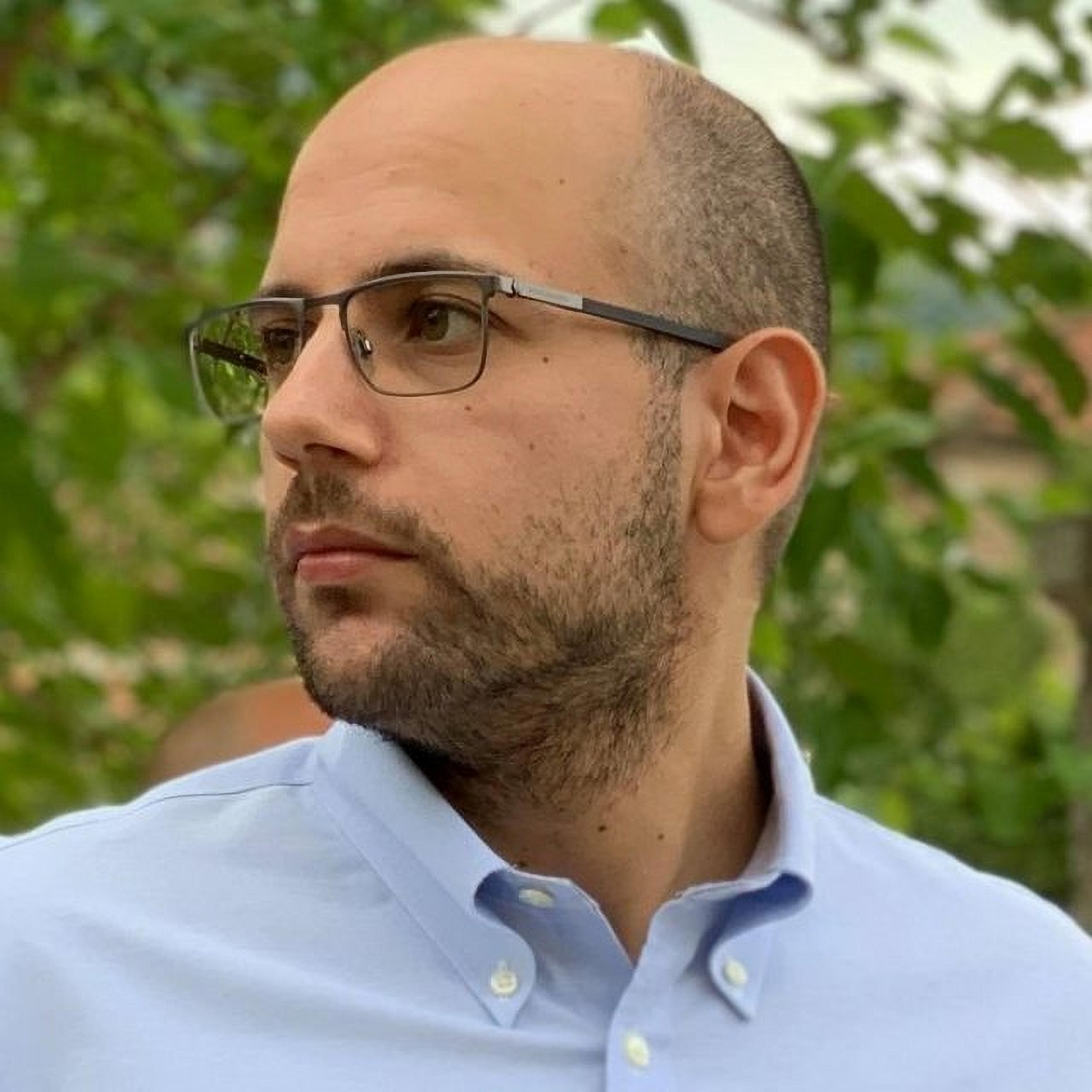
Stefanos Georganos is an Associate Professor in Geomatics at Karlstad University. He does research in quantitative human geography, remote sensing, spatial epidemiology, demography and machine learning. He is particularly interested in the use of geo-information for helping address the UN Sustainable Development Goals, with a geographical interest in sub-Saharan African cities. His latest research unravels the potential of machine and deep learnning and Earth Observation to detect, measure and characterize socio-economic inequalities in deprived urban areas in support of the most vulnerable populations.
Edmond Sacre, Swedish University of Agricultural Sciences
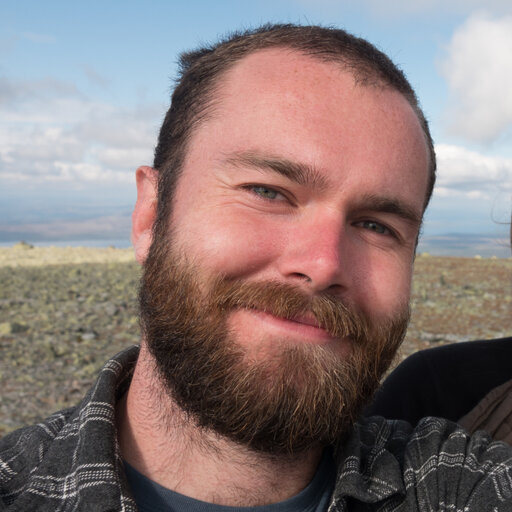
E. Sacre is a researcher at the Swedish University of Agricultural Sciences (SLU) within the Department of Aquatic Resources (SLU Aqua). He obtained his PhD in 2019 at James Cook University, Australia, within the Australian Research Council Centre of Excellence for Coral Studies. At SLU Aqua, Edmond works within the Unit for Conservation and Marine Spatial Planning where he has been employed since 2019. He is involved in a variety of national and international projects focused on species distribution modeling, spatial conservation planning, cumulative impact assessment, and connectivity modeling. These projects include Protect Baltic (EU-Horizon), Western Indian Ocean Symphony (Swedish Agency for Marine and Water Management), and other national mapping projects.
Nico Lang, University of Copenhagen and Pioneer Centre for AI

Nico is a Postdoc at the University of Copenhagen associated with the Pioneer Centre for AI, where he is co-advised by Serge Belongie and Christian Igel. He has received a PhD from ETH Zurich, under the supervision of Konrad Schindler and Jan Dirk Wegner. His research interests are at the intersection of computer vision, machine learning, and remote sensing, currently focusing on open-world recognition, fine-grained categorization, and representation learning with multi-modal data. More information can be found on his website: https://langnico.github.io/
Amal Nammouchi, Karlstad University and AfriClimate AI
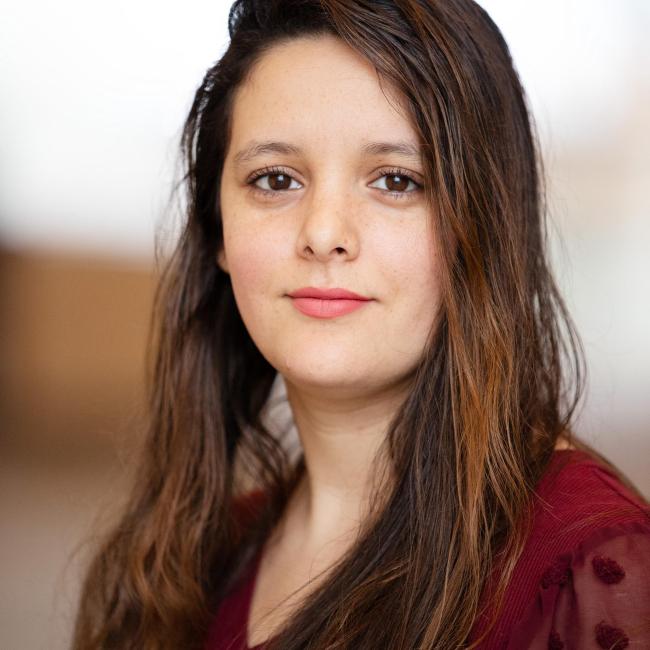
Amal is a PhD candidate at Karlstad University, focusing on robust optimization and control models for renewable energy communities under uncertainty. She is a co-founder of AfriClimate AI, a community-driven non-profit organization that brings AI-powered solutions to climate challenges across Africa through capacity building, research, and innovation. With over a decade of experience in community building and international development, Amal has held numerous leadership roles, including Vice President of JCI El Alia (twice), Chairwoman of IEEE SUPCOM SB, General chair of the IndabaX Tunisia 2019, and Committee Chair at the Deep Learning Indaba 2024, helping foster the next generation of AI talent in Africa.
David Thulke, RWTH Aachen University

David Thulke is a PhD student within the Human Language Technology Group at the Chair of Computer Science 6 of the RWTH Aachen University supervised by Prof. Dr.-Ing. Hermann Ney. In addition to numerous other works on language models and retrieval augmented generation, he is the first author of ClimateGPT, a model family of domain-specific large language models for information retrieval and generation. He also works as a language processing scientist at AppTek.
Shorouq Zahra, RISE Research Institutes of Sweden
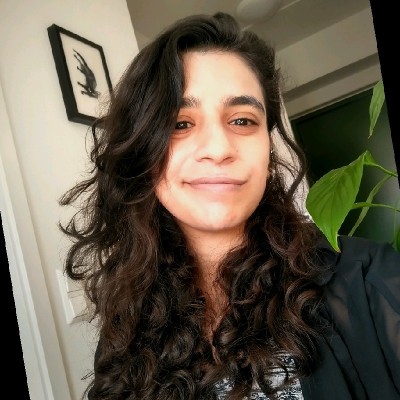
Shorouq Zahra a research engineer and developer at RISE Research Institutes of Sweden, with a focus on NLP, conversational AI, and MLOps. She has been engaged in the work “Using LLMs to Build a Database of Climate Extreme Impacts”, presented at ClimateNLP 2024, proposing a method for building large-scale databases of climate extreme impacts from online textual sources, using LLMs for information extraction in combination with more traditional NLP techniques to improve accuracy and consistency.
Alouette van Hove, University of Oslo
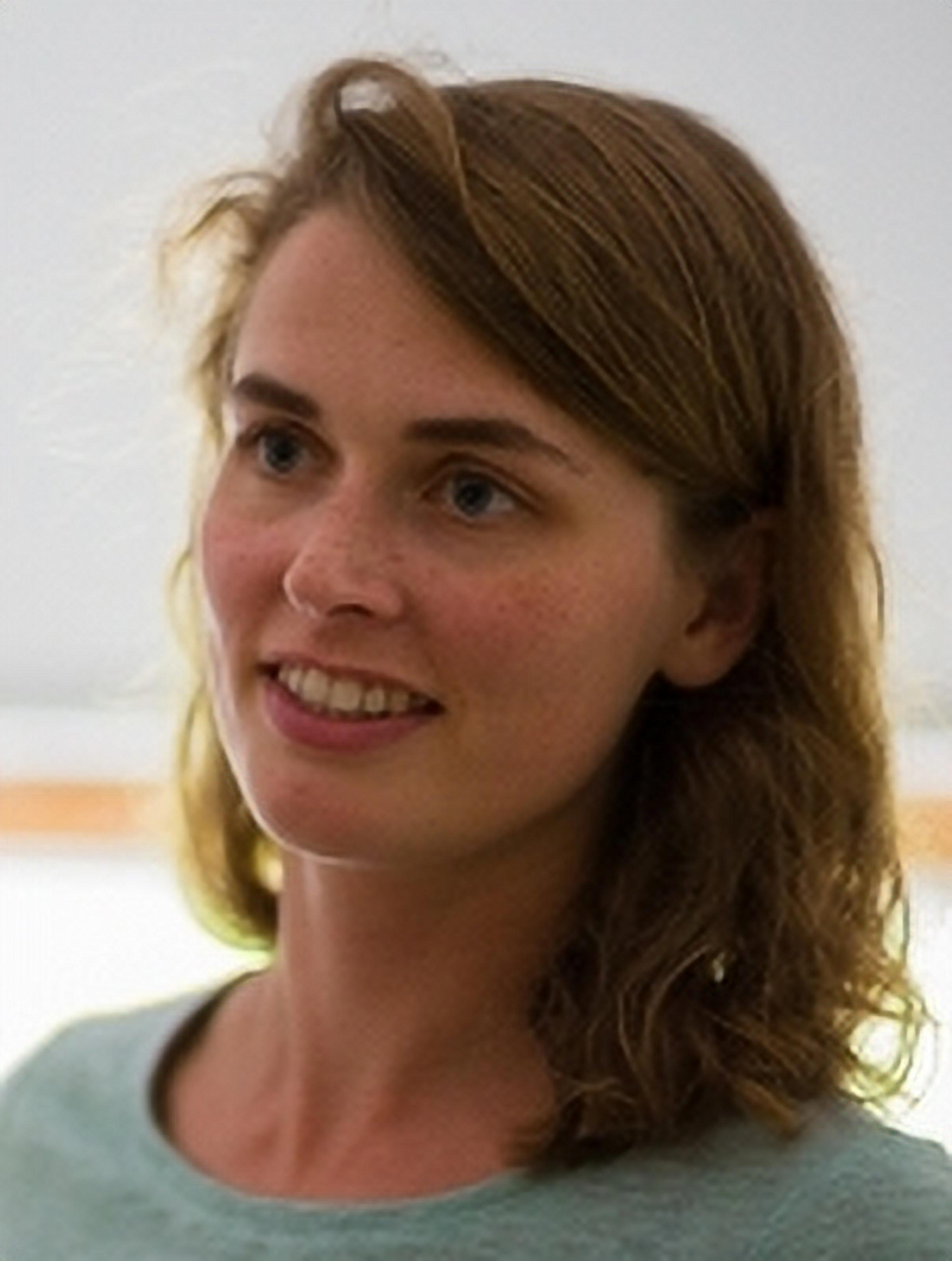
Alouette van Hove is a PhD candidate at the University of Oslo. Her research interests includes the development of a novel framework to estimate land surface fluxes at a regional scale. The framework makes use of sensor measurements from drones, data assimilation, atmospheric fluid dynamics modeling, and reinforcement learning techniques. The goal is to deliver high-resolution surface maps of greenhouse gas fluxes in northern landscapes for validation of climate models.
More speakers will be added soon.
Date and time: 2025-05-13, 09:00-18:00 + Social dinner until late
Place: Gothenburg, Sweden
The workshop is organized by CLIMES, The Swedish Centre for Impacts of Climate Extremes in collaboration with Climate Change AI Nordics. The day will end with a poster session and dinner.
Pricing
The first 65 participants will register for free, while further attendees will have to cover the cost for their seat. A limited number of students can be reimbursed for travel and hotel for the workshop. Please provide a clear and concise motivation for this and a calculation of the costs for your trip, and send this to olof.mogren@ri.se by end of February 2025. Students will be chosen based on their research performance and their provided motivation.
More information will follow soon.
